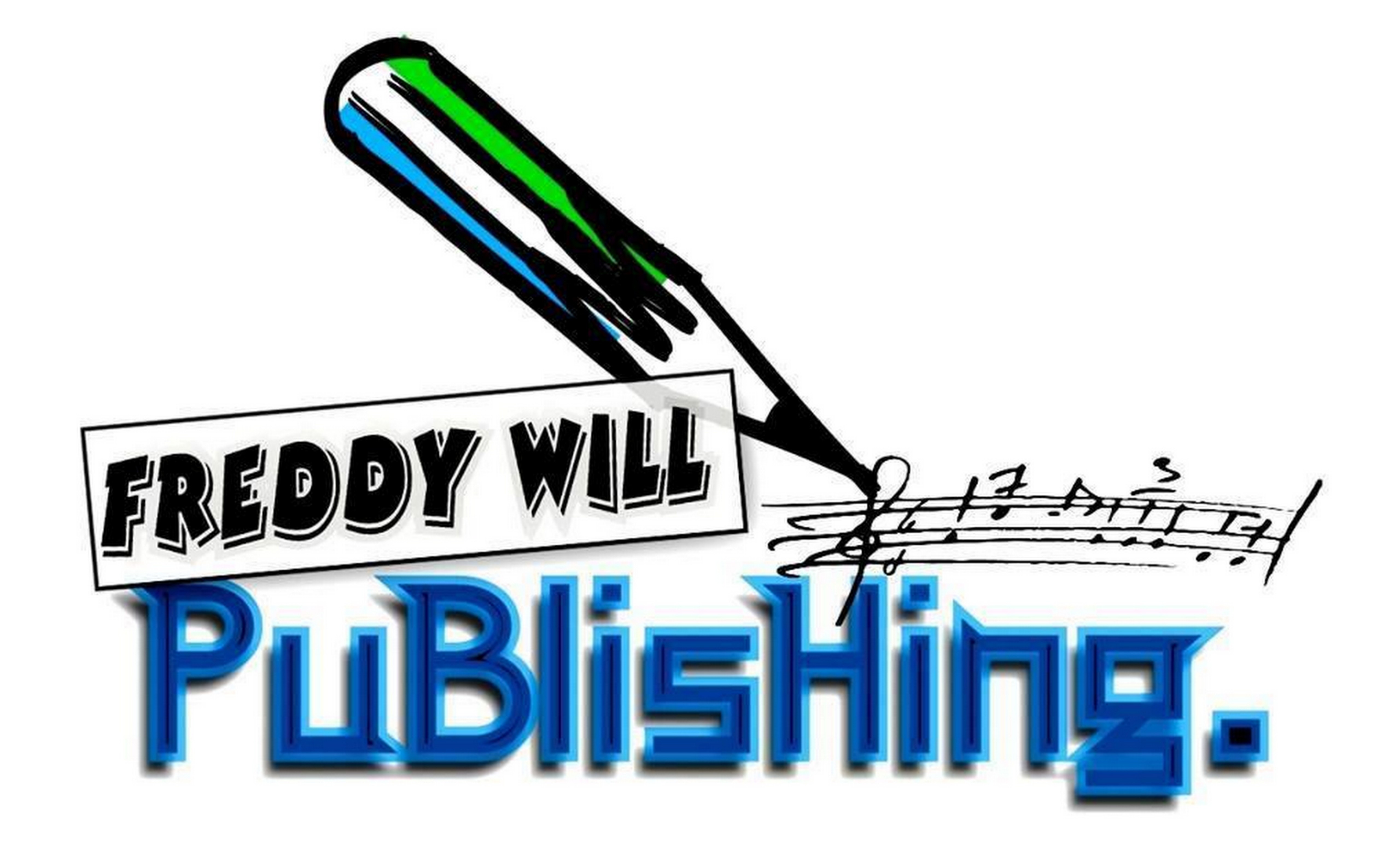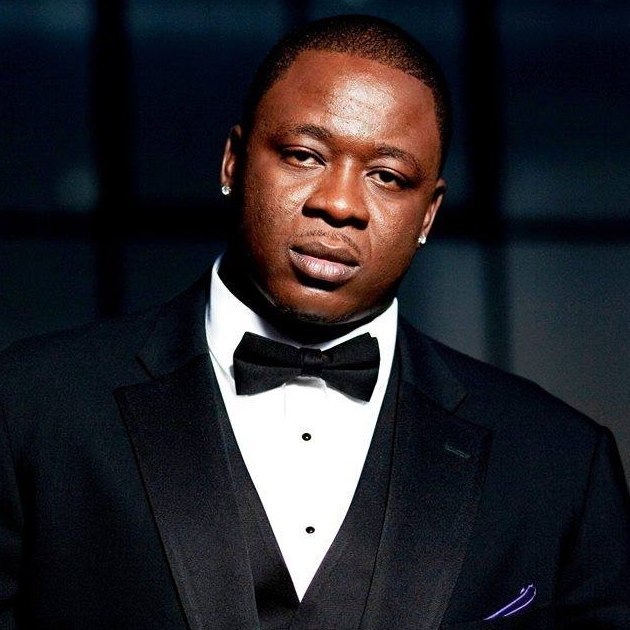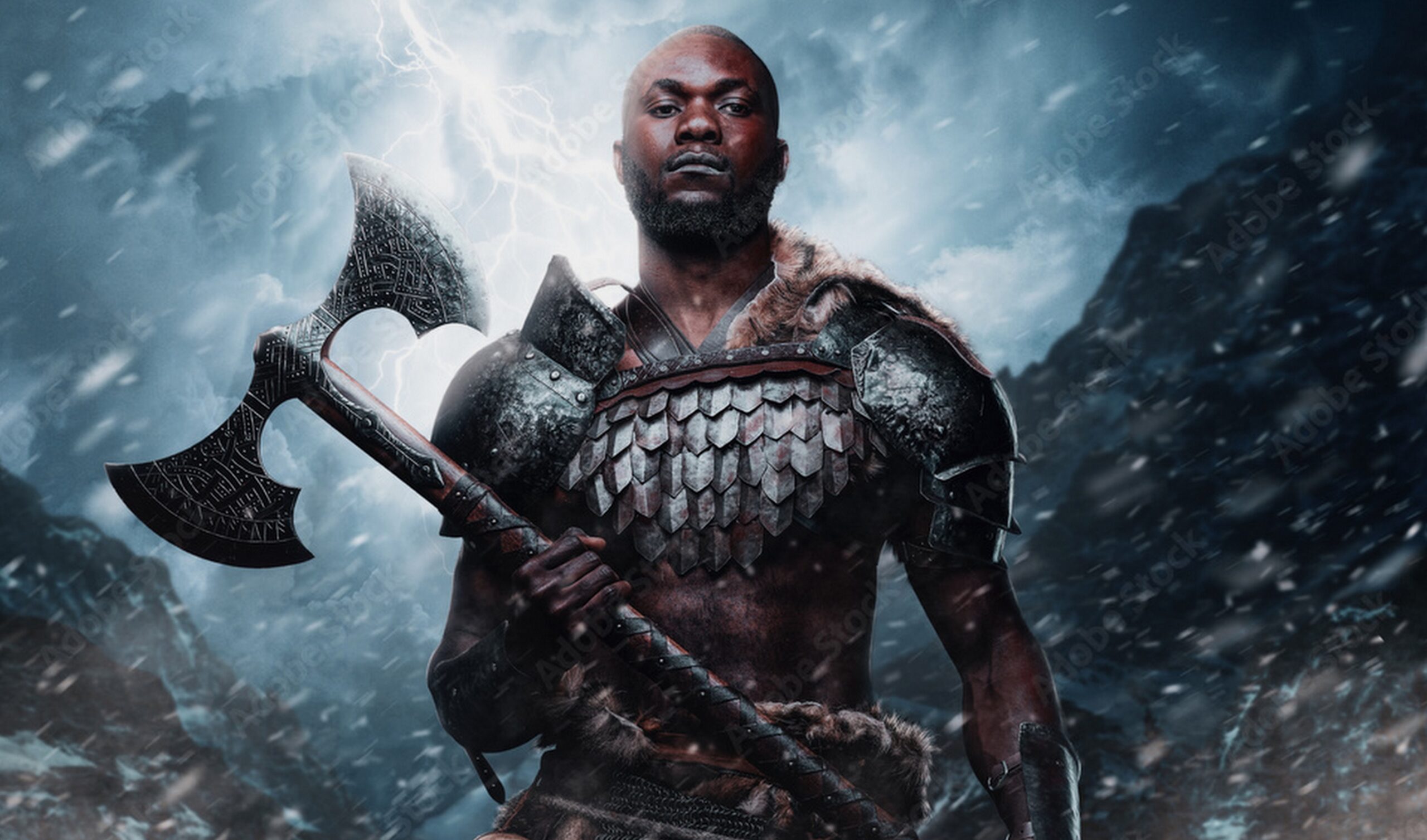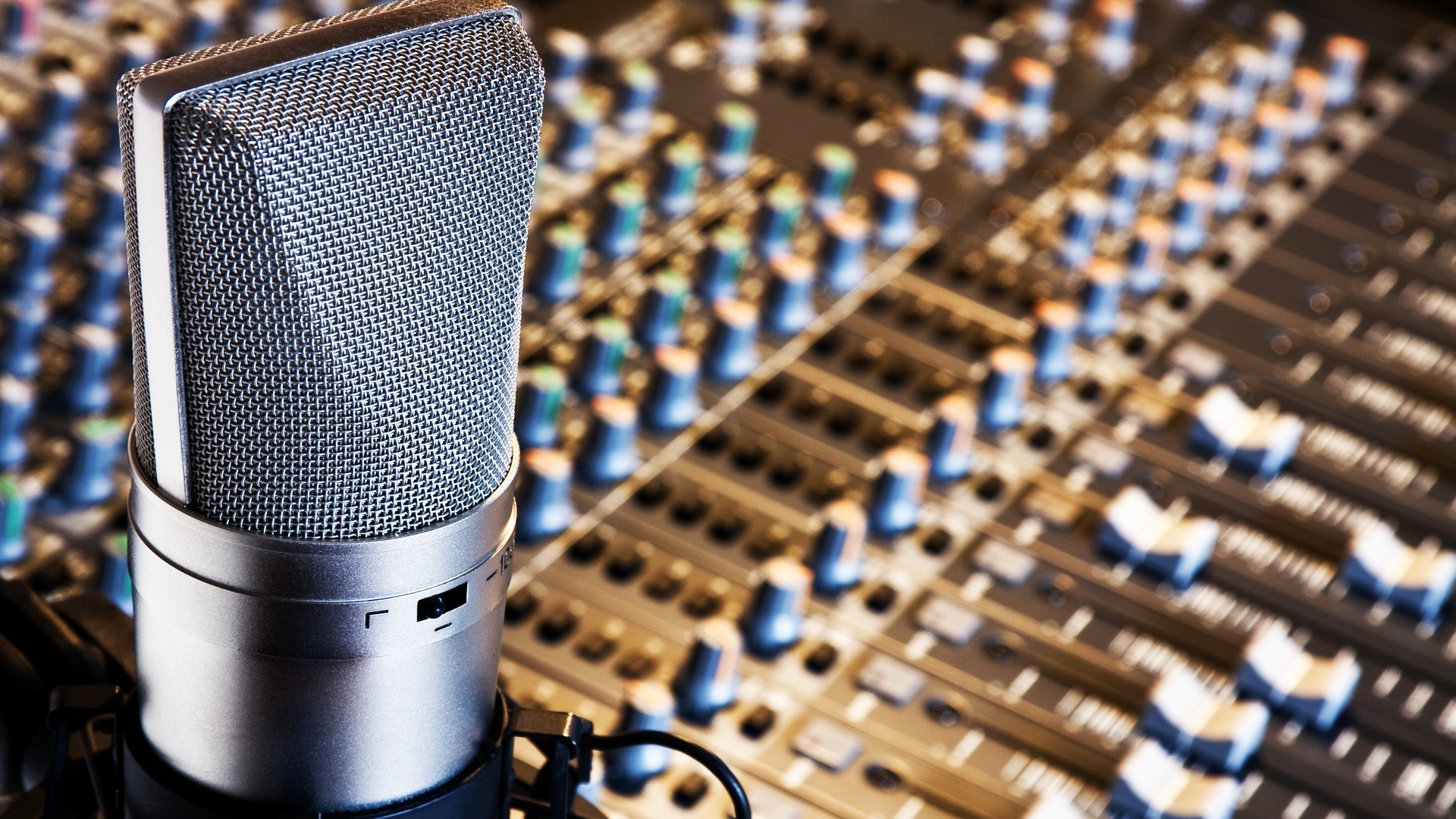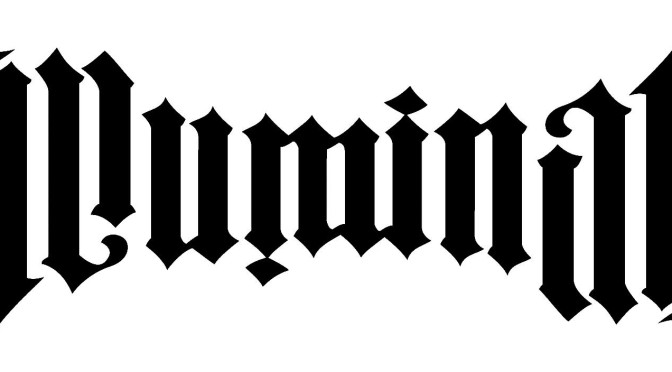When I started recording my albums, I had the presence of mind to provide written lyrics for my songs. I saw people only dance to the beat and sing or nod to the chorus. Hip Hop being edutainment, I wanted everyone to get the message in my verses. I said it back then. For Hip Hop to maintain its social and cultural influence, we should treat our lyrics like scriptures. We have to present them in a written format. I wrote my first book and published it with words from my album. In a few years, this will be standard practice for all emcees. Growing up, it was against the rules to live Hip Hop. I was persecuted for this Kulture. Some of my guardians starved me of food to discourage me from rap.
I punish in many ways, but I never gave up on my art. Even when my mom orchestrated prayer vigils and used what I told her about…
I thought the world was against me when only a few family members discouraged me. As I endured their many forms of shaming, I realized they didn’t understand what the Kulture was about. All they heard was mumble, jumbo with a frequent outburst of “f,” “b,” “mf,” and “s” bombs in between. They did not understand the sweeping change that was taking place. My critics never realized the idea, so they missed out on vital information. When they figured out what was happening, I owned a bigger house, drove a bigger car, and dated the best women. I had created a body of work unrivaled by some of their cherished pastors, politicians, or professors. They are dumbfounded about how I accomplished all that before my 40th.
Did I learn from my critics that dropping a hot song is cool, but how many people will appreciate the words? How many will understand that message when a different artist’s next hot song hits? I wrote my lyrics down and (shout out to Ken Cowle) published them with explanations (illustrations). Now I try to give this same power to people with exciting stories to tell. I recognized that an emcee is a poet, a wordsmith, a philosopher, an activist, and a spoken word expert who induces a culture change. He or she is more than a musician. Some can misconstrue a song’s intellectual property and emotions, so the artist is responsible for protecting his work by writing them down and publishing them.*
